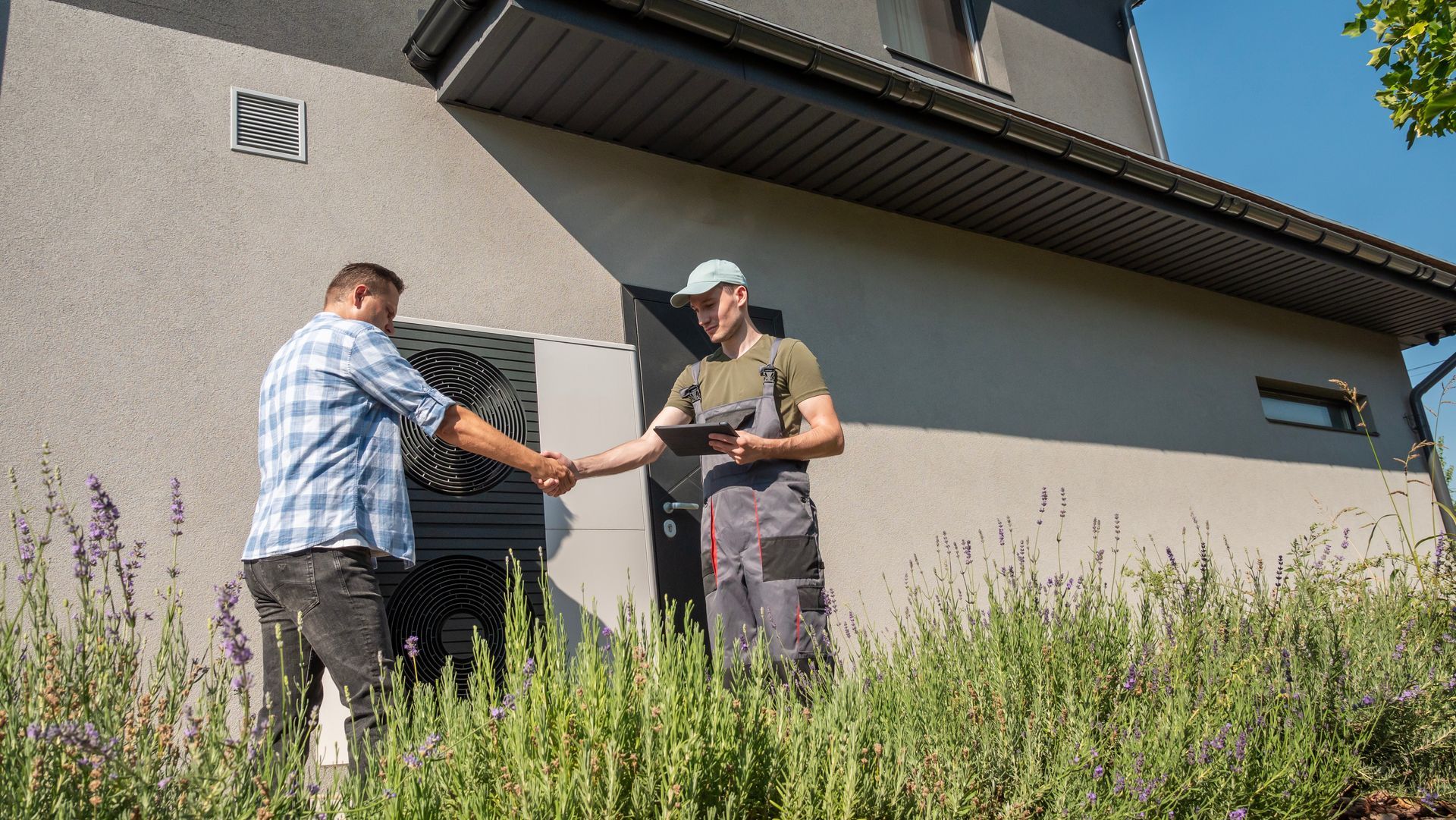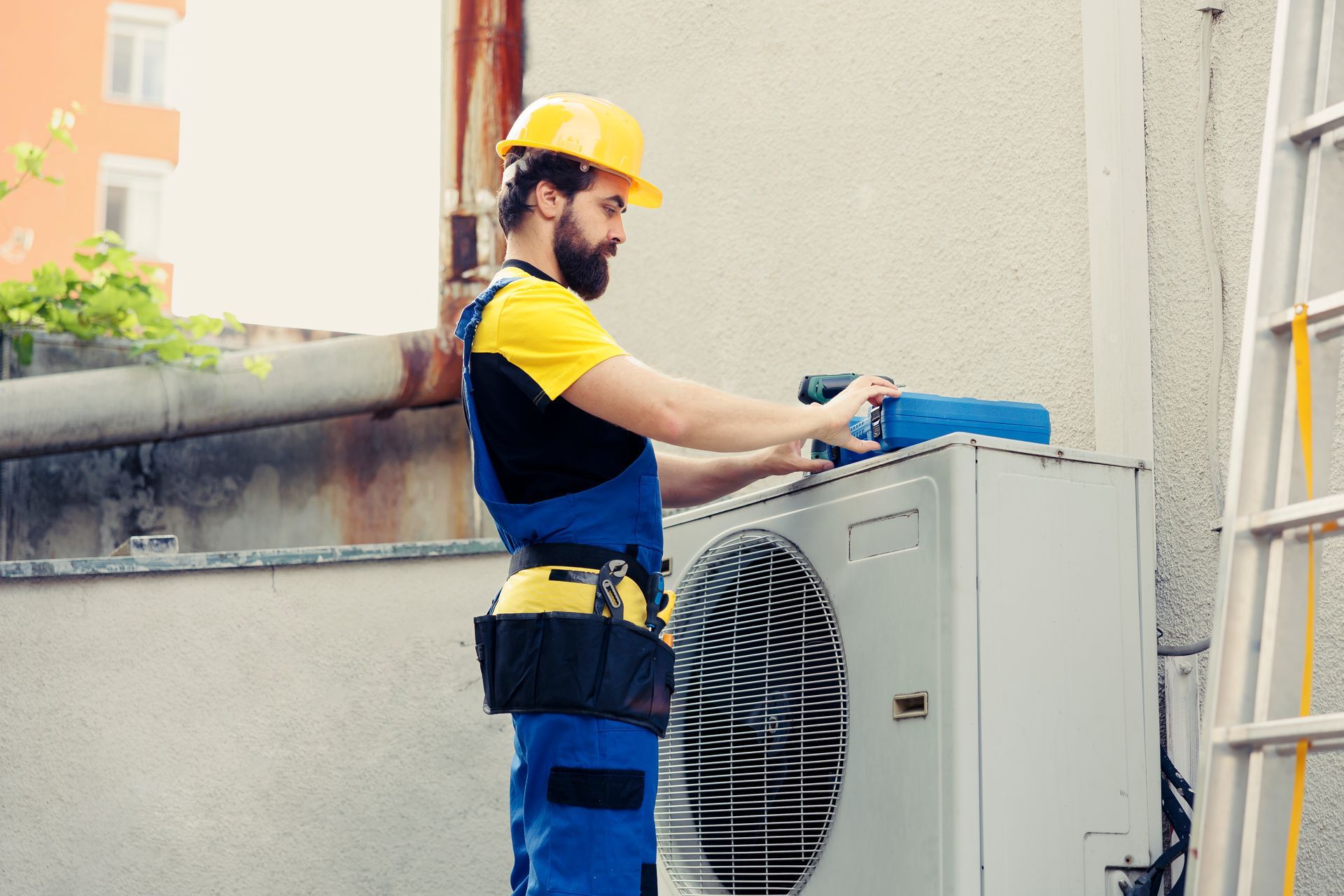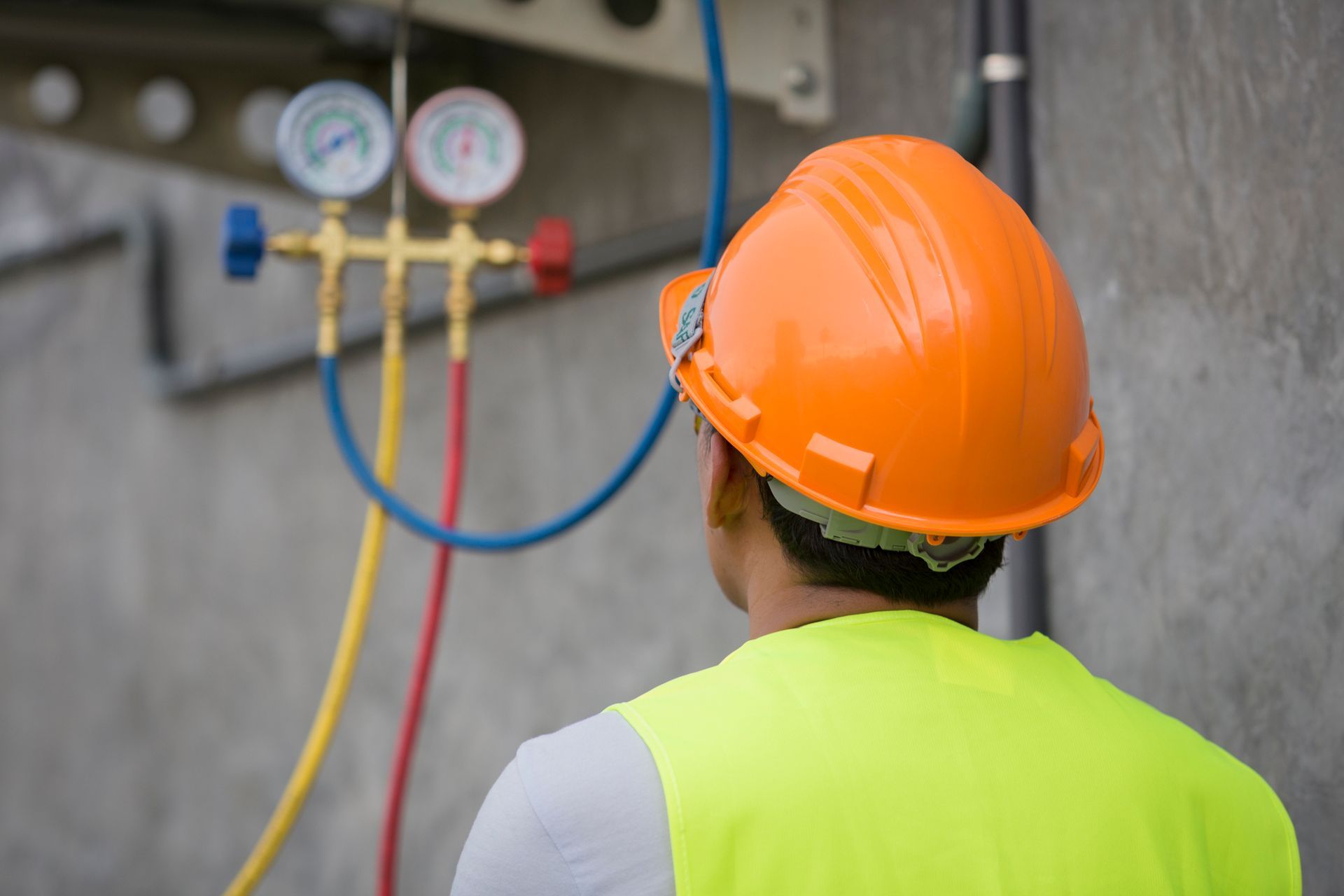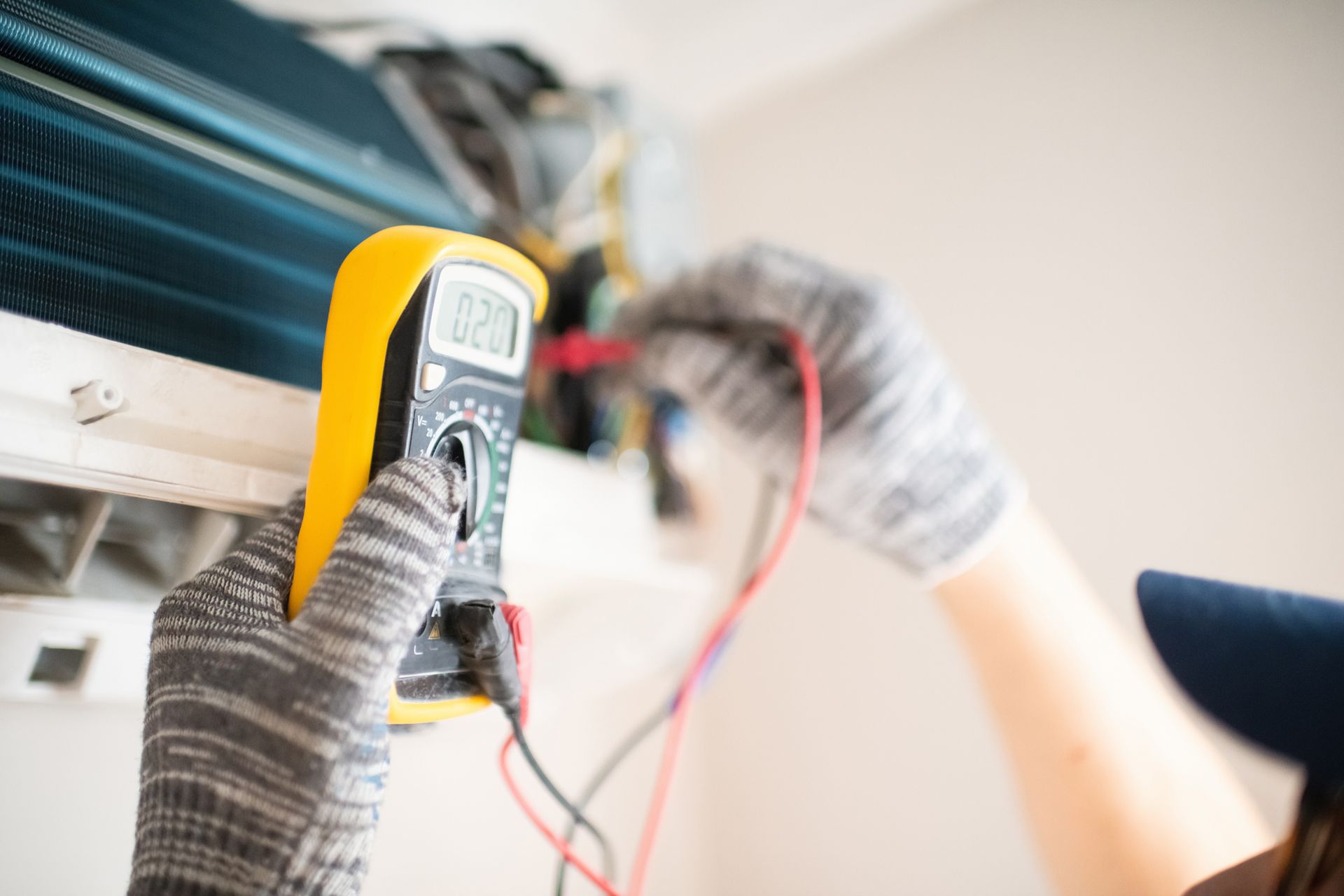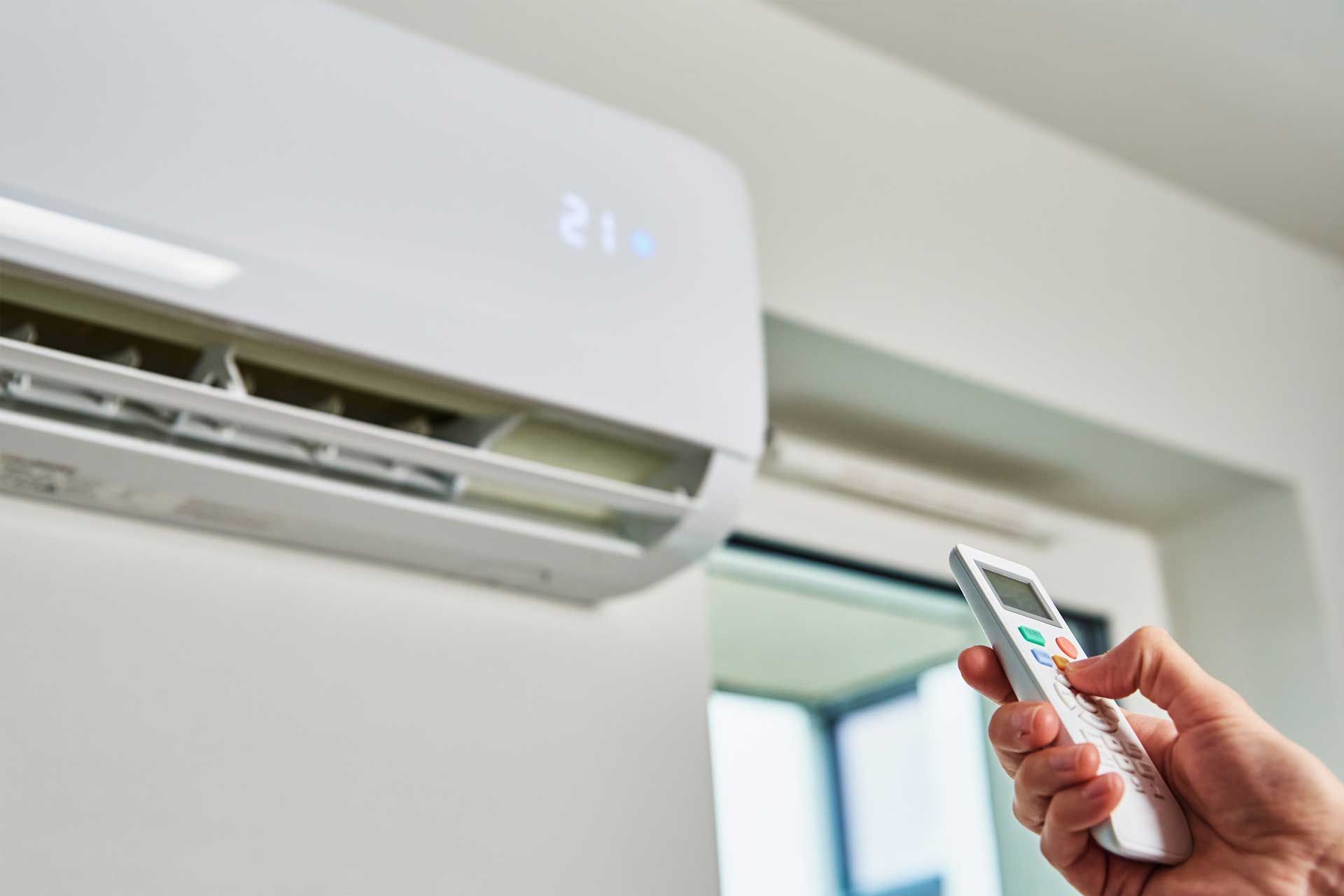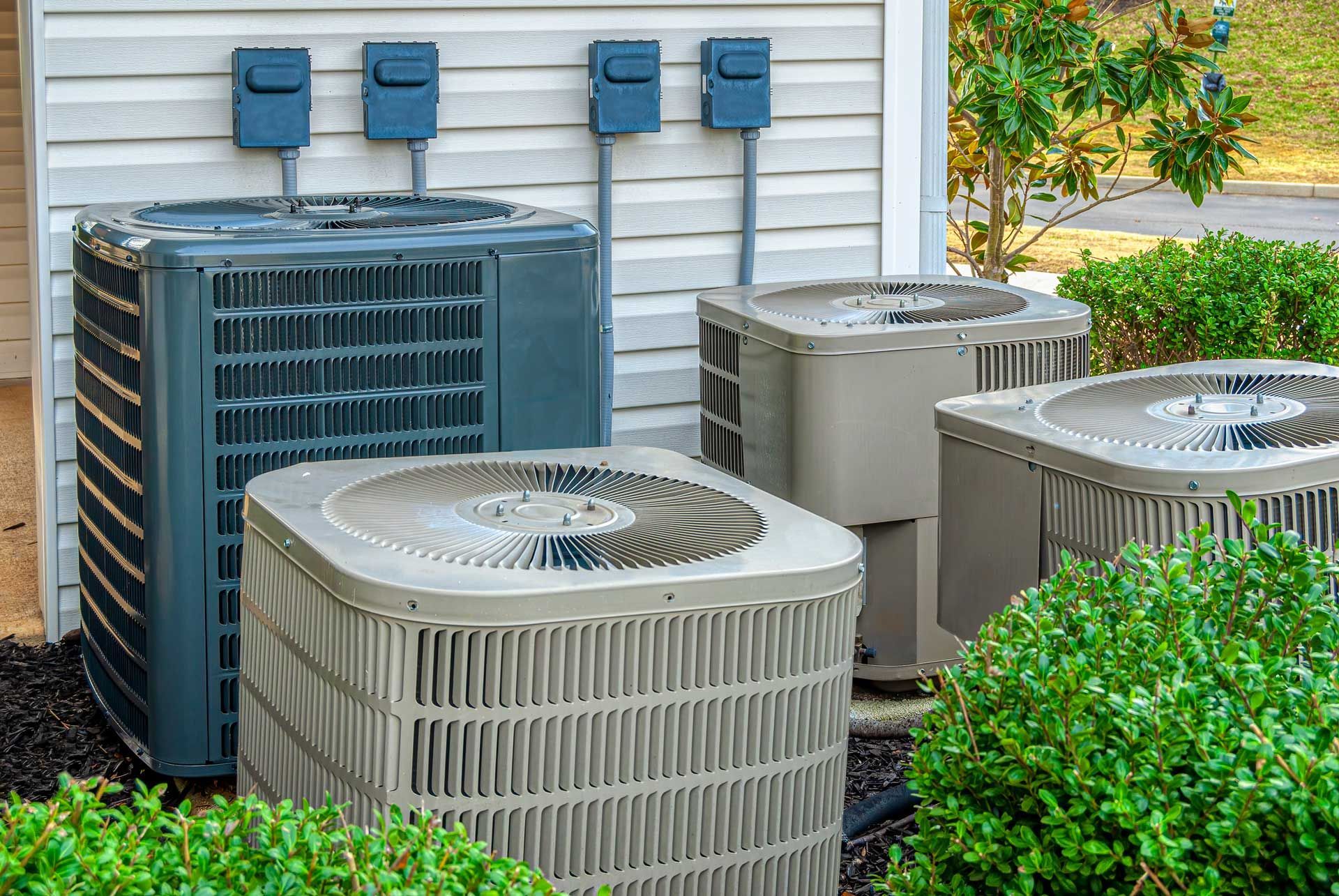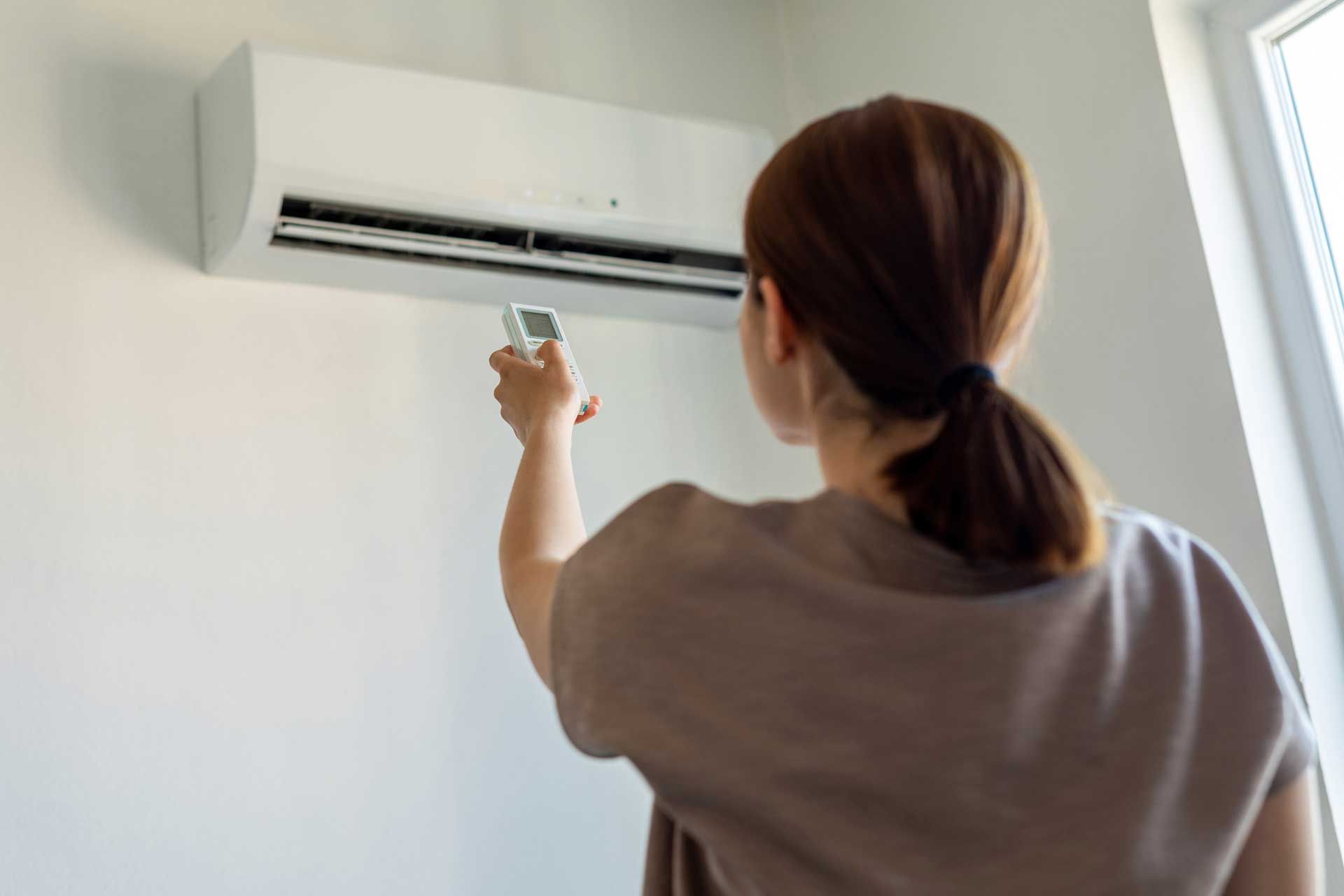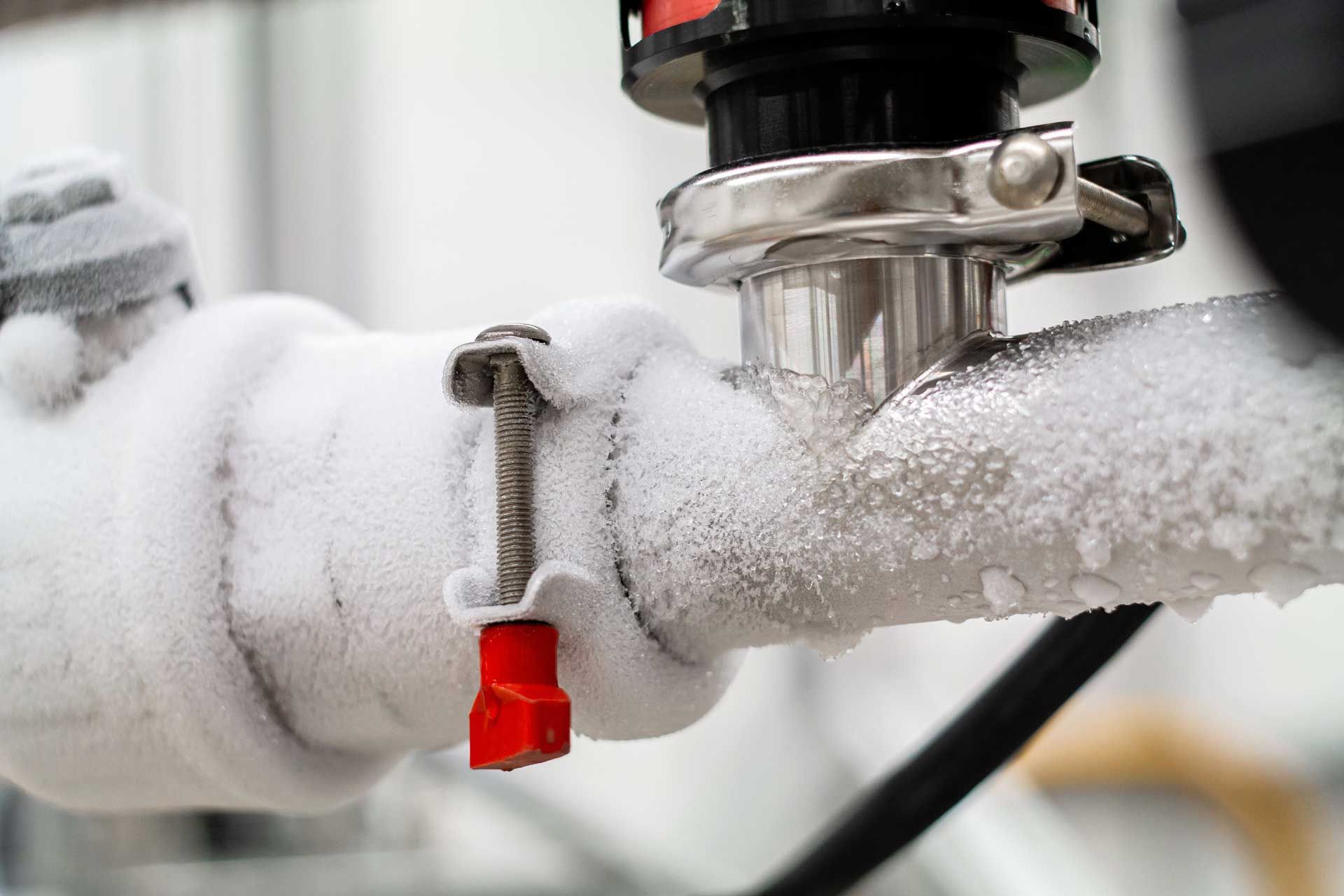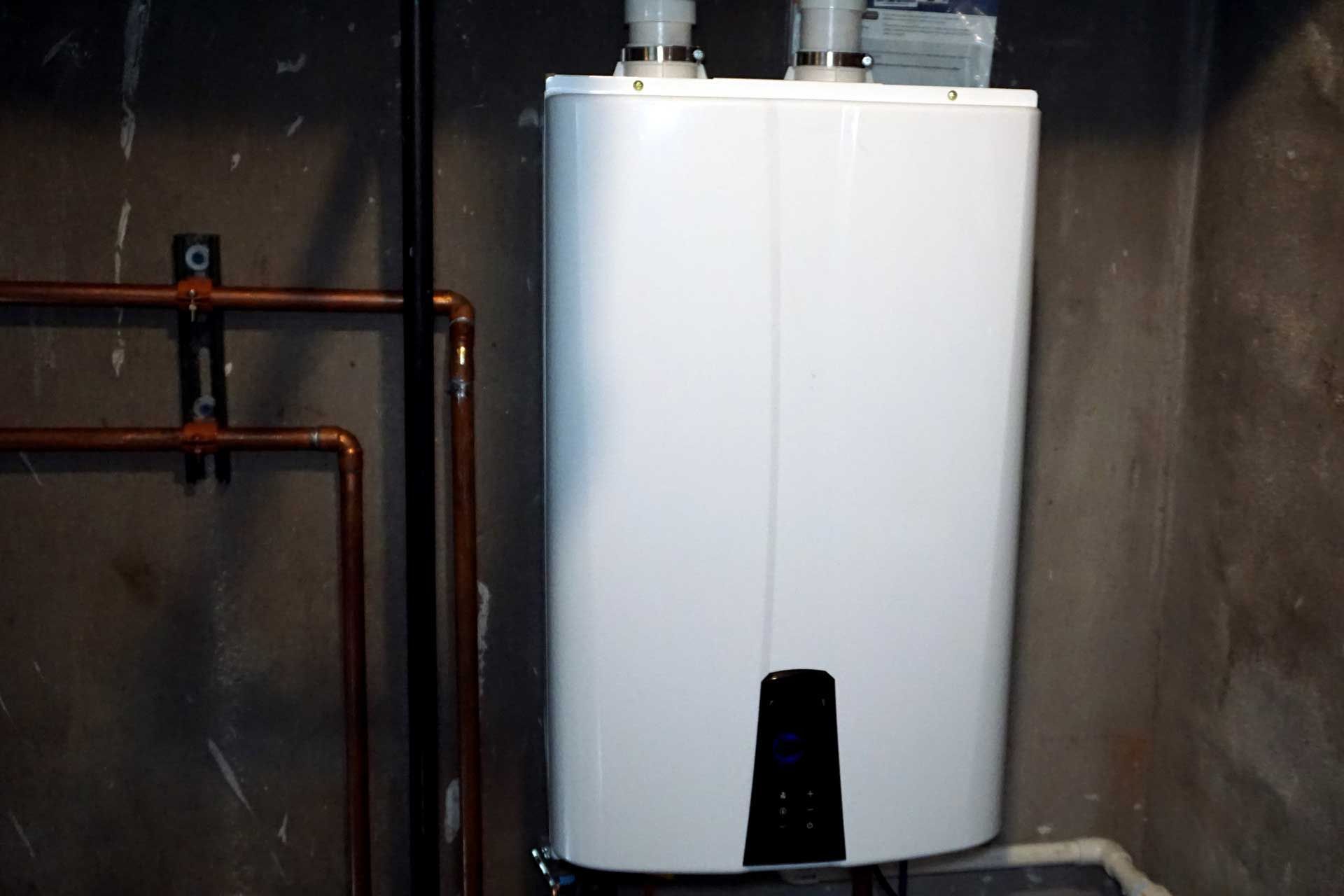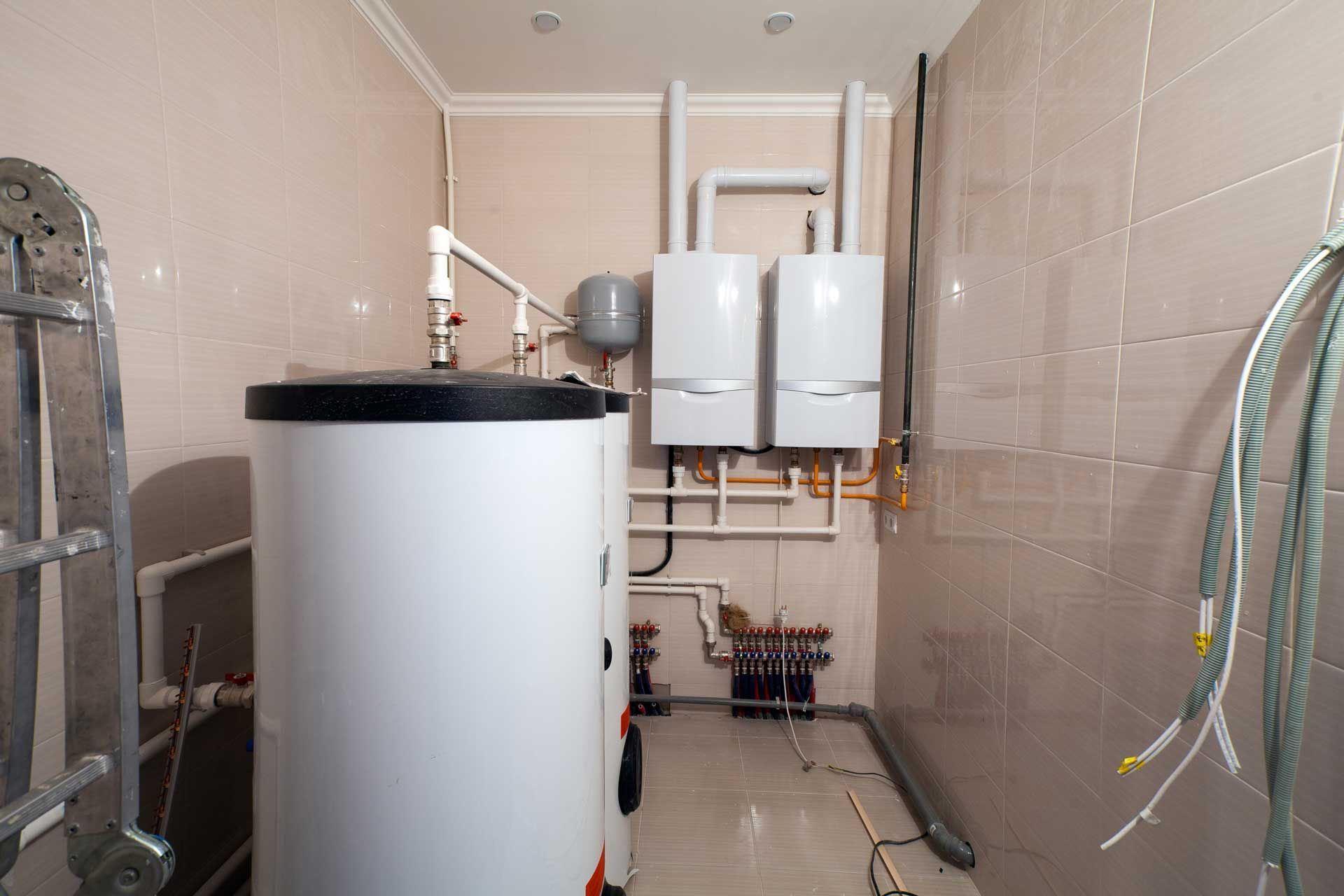Spotting and Repairing Leaks in Your Garbage Disposal
August 28, 2018

Food particles that are stuck to plates, pans, and silverware can find their way into your sink's drain. These food items can congeal in your drainpipes, causing serious clogs that can compromise the function of your plumbing system.
A garbage disposal can help you safely process any food particles that find their way into your drains. Food passes through the disposal, where it is ground into pieces small enough to pass safely through your plumbing.
While a functional garbage disposal can be a beneficial tool, a leaking garbage disposal can be a serious cause for concern. Look for leaks regularly to keep your garbage disposal working properly.
Check the Sink Flange
One of the most common sources of a leak in your garbage disposal system is a faulty sink flange. The sink flange connects the top of the garbage disposal to the drain in your kitchen sink. The flange needs to sit flush against the drain in order to allow water and food particles to pass from the sink into the garbage disposal.
Wipe down the exterior surface of your garbage disposal and any exposed pipes underneath your sink. Place a stopper in the sink drain, then fill the sink with a few inches of water. If the sink flange is working properly, no water should pass through the drain and into the cabinet below.
If you see evidence of moisture collecting on the exterior surfaces of your disposal while the drain stopper is in place, your garbage disposal has a bad sink flange. Replacing the flange will prevent water waste and help you avoid a clogged sink in the future.
Check the Dishwasher Hose
A dishwasher can be a time-saving appliance to add to your kitchen. Just like you don't want food particles going down the drain of your kitchen sink, you don't want any food particles washed off your dishware during a wash cycle finding their way into the drain of your dishwasher.
A garbage disposal can help process the water and particulate matter that drains from your dishwasher. A flexible plastic hose connects the dishwasher to the garbage disposal. Over time, this hose can become cracked or kinked. A deteriorating hose will result in leaks that may appear to be coming from your garbage disposal.
Wipe down all the pipes and hoses connected to your garbage disposal before running a load of dishes through the dishwasher. Look at the dishwasher hose during the appliance's cycle. Any moisture collecting on the hose indicates that you will need to replace the dishwasher hose to prevent dangerous leaks from compromising your garbage disposal.
Check the Drain Pipe
Another area where your garbage disposal might start to leak is the connection point between the drainpipe and the disposal unit. The drainpipe funnels all processed waste from the disposal unit into your home's main plumbing system.
A secure seal between the drainpipe and the garbage disposal is required to keep all waste within the pipe during removal. You can spot a drainpipe leak by conducting a visual inspection of the connection point while running your garbage disposal. Water beading around the seal indicates an improper connection.
Plumber's tape or another sealant can be used to restore the watertight connection between the drainpipe and your garbage disposal unit to prevent water leaks from becoming a serious problem in the future.
Monitor your garbage disposal for leaks if you want to ensure your plumbing is protected against clogs caused by food particles. If these basic troubleshooting steps don't solve the problem, contact
Preferred Mechanical Services for more information on spotting and repairing a leaking garbage disposal in your home.
